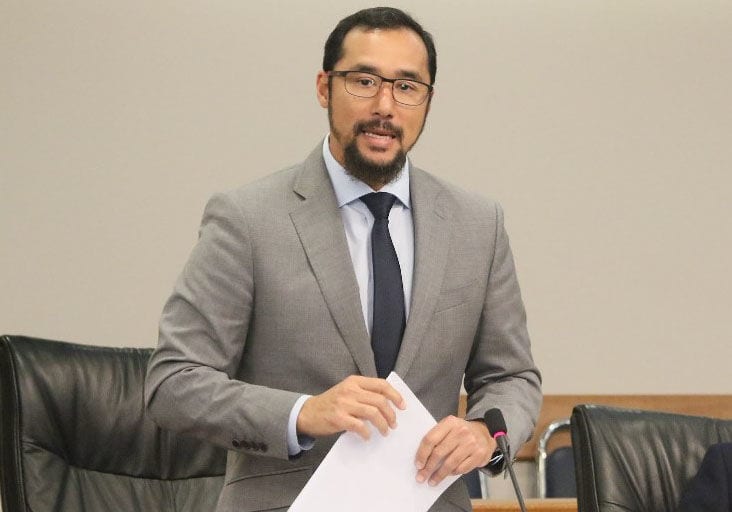Even as Trinidad and Tobago pursues green initiatives such as a solar utility project and the first world scale green hydrogen project, representing its initial introduction into a green economy, the government is intent on ensuring the country’s hydrocarbon resources are developed and monetised.
This, according to Minister of Energy and Energy Industries, Stuart Young, is key to the economic prosperity of the twin island republic, which has been a key hydrocarbon producer in the region for decades.
“Even as we head towards a green economy, it is my belief and the mandate that we must focus on and prioritise monetisation of our hydrocarbon resources,” Young told participants at the opening of the Society of Petroleum Engineers Trinidad and Tobago 2021 Virtual Energy Resources Conference and Exhibition on Monday.
Young said the turnaround in the global energy sector has provided a window of opportunity which Trinidad has to capitalise on.
Trinidad must up oil production to reverse economic fortunes says Ramnarine
“Given the potential irreversible effect of climate driven financing and policy regimes on fossil fuel use, carbon taxes, fossil fuel prices over time, the optimal fossil fuel policy shift is the accelerated exploitation of these resources,” he asserted.
In this regard, the country may even see the quantum of its resources increasing, as it currently awaits an opportunity to defend its submission to the United Nations Commission on the Limits of the Continental Shelf.
“Our claim, if successful, would extend our maritime jurisdiction seawards to the outer edge of our continental margins,” Young stated, while pointing out that there is no clear pathway to a low carbon economy.
Given the projected growth in primary energy demand by 50% by 2050, a managed transition will be critical to prevent serious supply disruptions and destabilising price volatility along the way.
“As a predominately oil and gas economy, Trinidad and Tobago must, and we will accelerate the exploration and development of our hydrocarbon resources or we will run the risk that these resources will become stranded,” the energy minister warned.
Other governments in the region are also looking to forge ahead with the development of their country’s hydrocarbon resources. New producer Guyana is poised to become one of the largest oil producers in the region by the end of the decade when output surpasses 1 million bpd while Suriname’s production is set to exceed 600,000 bpd by 2030.
IEA’s call for no new oil investments not prescriptive, says Guyana’s Vice President
The governments in both countries have said developing these resources as fast as possible is pivotal to economic prosperity and improving living standards for their people.
Guyana, Suriname will eat up more deep water investments as majors double down



